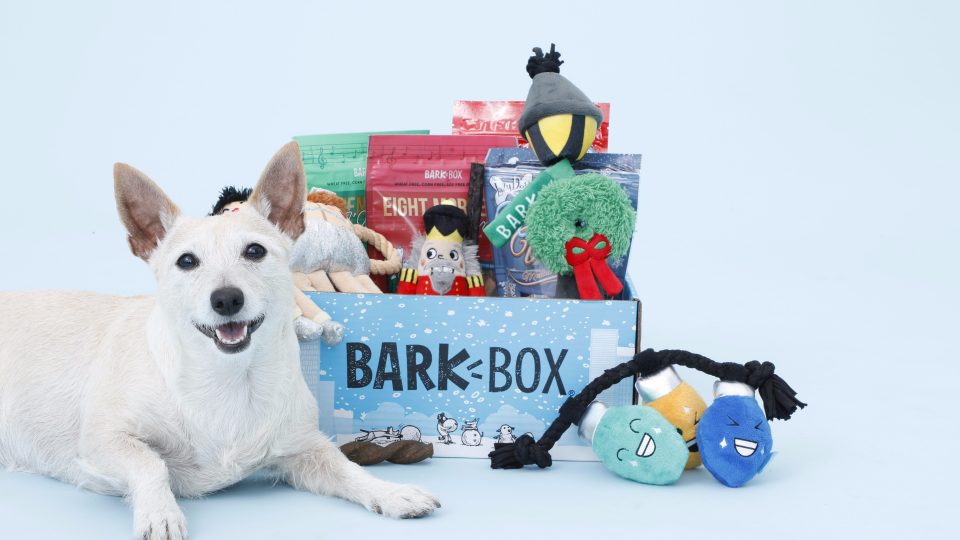Can BarkBox Find Market Acceptance?
According to American Pet Products Association, Americans spent close to $70 billion in 2017. About $30 billion were spent on Food, $17 billon on Vet Care, $15 billion on medicines and supplies, $2 billion on animal purchases, and $6 billion on other services. BarkBox is a niche box-subscription service company that caters to dogs.
BarkBox’s Journey
BarkBox was founded in 2011 by CEO Matt Meeker, Henrik Werdelin, and Carly Strife who loved their dogs. Matt had earlier co-founded the social networking site Meetup.com. The idea for BarkBox came when Matt couldn’t find any retailers in New York that catered to his 150 lb Great Dane, he and his co-founders then decided that their dogs deserved stuff that wasn’t available anywhere.
In January 2012, the company launched BarkBox, which was a monthly delivery of toys and treats. Each BarkBox contains 4-6 items from each month’s themed collection. It includes bones, toys, treats, accessories, and designed-for-pet dental and health products that have been tested by the company’s on-staff vet. The monthly subscription service starts at $20 per month.
In November 2012, the company designed, developed, and shipped its first BarkMade toy. In 2014, the company launched photo sharing app BarkCam and Barkshop.com.
In August 2017, the company announced a partnership with Target to host its branded products in Target stores and websites.
Today, over 10 million BarkBoxes and over 40 million toys and treats have been shipped. It has 500,000 subscribers and a retention rate of 95%. It has about 1.4 million Instagram followers.
BarkBox’s Financials
Since BarkBox is privately held, it does not disclose details of its financials. However, it claims to be profitable and was reportedly expecting revenue of $150 million in 2017. It expects to reach revenue of $250 million in 2018. Its subscription business accounts for about 80% of its sales.
BarkBox has raised $81.7 million in venture funding from investors including August Capital, Andrew Chen, BoxGroup, CAA Ventures, Columbia Partners Private Capital, RRE Ventures, Resolute.vc, Slow Ventures, Vast Ventures, Daher Capital, BDMI, Lerer Hippeau, City National Bank, Rho West, 500 Startups, and Polaris Partners. Its latest funding round was held in May 2016 when it had raised $60 million in a round led by August Capital. The valuation is undisclosed but analysts estimate its valuation to be between $150 million and $200 million.
Regarding the threat of the omnipresent giant Amazon, CEO Matt says the company views it as both a threat and a potential partner. He reckons pet food is a greater market for Amazon to pursue rather than the treats and toys at BarkBox.
In several of our e-commerce case studies, we have seen that it is niche e-commerce businesses that have become successful. Read the story of Eric Shannon who bootstrapped a niche e-commerce brand for Big Barker, a dog bed for large dogs.
Reports suggest that BarkBox is now looking at an exit either in the form of an IPO or a sale. What might work for BarkBox is its profitable model and relatively modest valuation.
Looking For Some Hands-On Advice?
For entrepreneurs who want to discuss their specific businesses with me, I’m very happy to assess your situation during my free online 1Mby1M Roundtables, held almost every week. You can also check out my LinkedIn Learning course here, my Lynda.com Bootstrapping course here, and follow my writings here.
